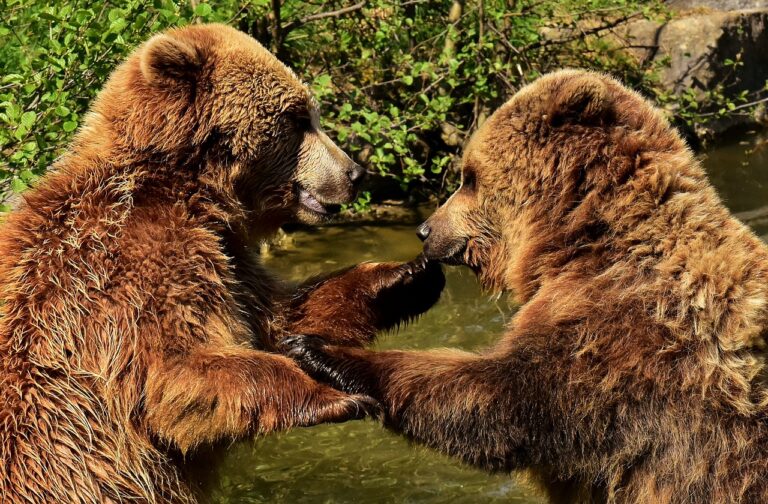The Influence of Mythology on Modern Screenwriting: 11xplay new id, India 24 bat, Skyinplay live login
11xplay new id, india 24 bat, skyinplay live login: Mythology has been a significant influence on modern screenwriting, shaping the stories and characters we see on the big and small screen today. The timeless themes and archetypes found in ancient myths continue to captivate audiences and provide a rich source of inspiration for writers. Let’s explore how mythology has influenced modern screenwriting and why it remains a powerful tool for crafting compelling narratives.
The Power of Mythology in Screenwriting
Mythology is a treasure trove of stories that have been passed down through generations, transcending time and culture. Many of these myths explore universal themes such as love, betrayal, heroism, and destiny – themes that continue to resonate with audiences today. By drawing on these timeless elements, screenwriters can tap into the emotional core of their stories and create characters that feel authentic and relatable.
Moreover, mythology provides a blueprint for storytelling structure. From the hero’s journey to the trickster archetype, mythological patterns offer a framework for crafting narratives that follow a satisfying arc. By incorporating these mythic elements into their screenplays, writers can create stories that feel familiar yet fresh, engaging audiences on a profound level.
How Mythology Shapes Characters
One of the most powerful aspects of mythology is its ability to create iconic characters that embody universal qualities. Heroes like Hercules, Odysseus, and Gilgamesh are larger-than-life figures who face epic challenges and trials, inspiring audiences with their courage and resilience. By drawing on these mythic characters, screenwriters can create protagonists who are complex, flawed, and ultimately heroic, capturing the essence of the human experience.
In addition, mythology provides a rich tapestry of gods, goddesses, and mythical creatures that can add depth and texture to a story. Whether it’s the cunning Loki or the wise Athena, these mythological beings can serve as foils, mentors, or adversaries to the main characters, elevating the drama and conflict in a screenplay.
FAQs
Q: How can writers incorporate mythology into their screenplays?
A: Writers can incorporate mythology into their screenplays by studying classic myths and identifying universal themes and archetypes that resonate with their own stories. By drawing on mythological elements, writers can add depth, meaning, and resonance to their screenplays.
Q: Can modern audiences still relate to ancient myths?
A: Yes, modern audiences can still relate to ancient myths because the themes and archetypes found in mythology are timeless and universal. By tapping into these mythic elements, writers can create stories that resonate with audiences across cultures and ages.
In conclusion, mythology continues to be a powerful influence on modern screenwriting, providing writers with a rich source of inspiration and storytelling techniques. By incorporating mythological themes, characters, and structures into their screenplays, writers can create narratives that are timeless, captivating, and emotionally resonant. The enduring legacy of mythology ensures that its impact on screenwriting will continue for generations to come.







